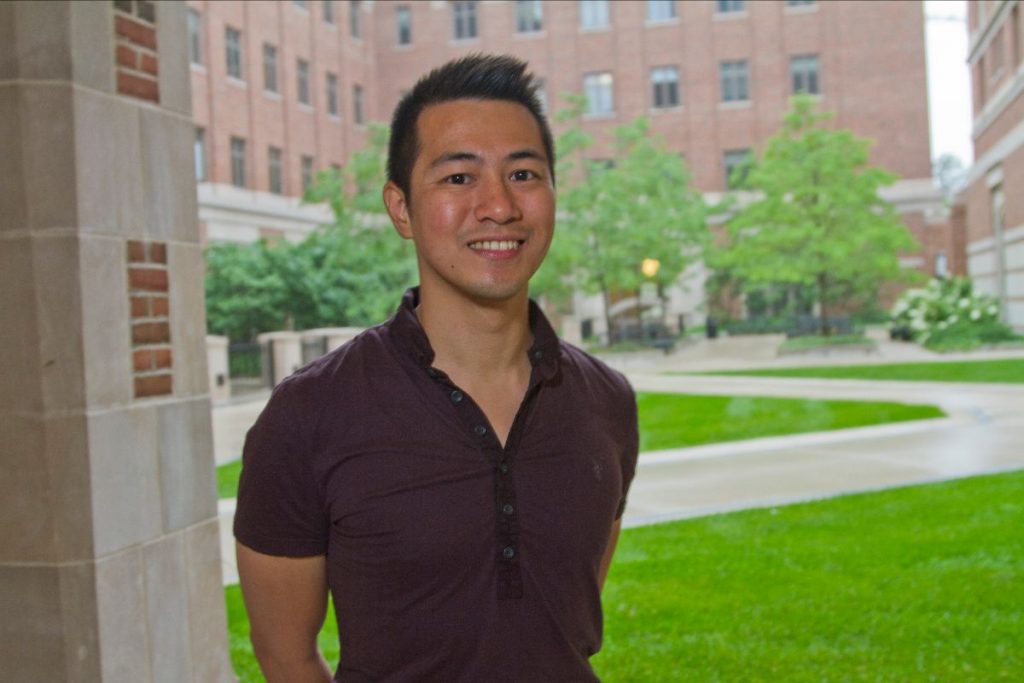We at GRASAC extend an enthusiastic welcome to our newest member, Ricky Punzalan! He has graciously provided the following profile as an introduction.

Ricardo “Ricky” Punzalan
Associate Professor
University of Michigan School of Information
Ricky teaches and researches in the areas of archives and digital curation. His involvement in GRASAC stems from his belief that archives and legacy research data must not only advance academic research, but also contribute to the wellbeing of communities. His research foregrounds critical challenges faced by underserved and Indigenous communities, and has worked to create dialogue between Indigenous communities and cultural institutions. To do this work, he designs and carries out community-based, participatory research projects, which incorporate the perspectives of cultural heritage stakeholders beyond academic researchers, including Indigenous communities, scholars, and cultural heritage professionals.
At the University of Michigan, Ricky partners with three repositories: the Bentley Historical Library, the Special Collections Research Center, and the Museum of Anthropological Archaeology. With these collections, he works to develop ethical and culturally-informed plans for shared stewardship, including practices and protocols for responsible digital repatriation ethical access. The University has a sizeable collection of archives and artefacts from the Philippines gathered when the county was under U.S. colonial administration between 1898 to 1946. Among this is the archives of Dean C. Worcester (1866–1924), a Michigan alumnus and professor who later became a colonial administrator in the Philippines. The collections at Michigan are far removed from the communities that need them the most, and a significant portion of the materials contains culturally-sensitive information that cannot be shared widely or without appropriate and reasonable restrictions. Nevertheless, there is a high demand to access the materials by Philippine studies scholars and Indigenous Filipinos. Ricky is making strides to bring those collections, the institutions that steward them, and members of Filipino diaspora communities, to engage in meaningful conversations that lead to tangible actions.
Ricky hopes that through his participation in GRASAC, he will be able to engage in a wider conversation on the presence of Indigenous Philippine materials in the Great Lakes region. The concept of “shared stewardship,” actions that institutions can take to provide reciprocal and reparative access to cultural collections, has grown in interest within the archival community in the last decade. Developing a better understanding of shared stewardship requires understanding questions about ownership of traditional knowledge, the historical development and origins of collections, collection management expertise, and community input. This complex array of perspectives demands participation of various voices, from scholars of different areas and community voices, which need to come into conversation and share knowledge.
